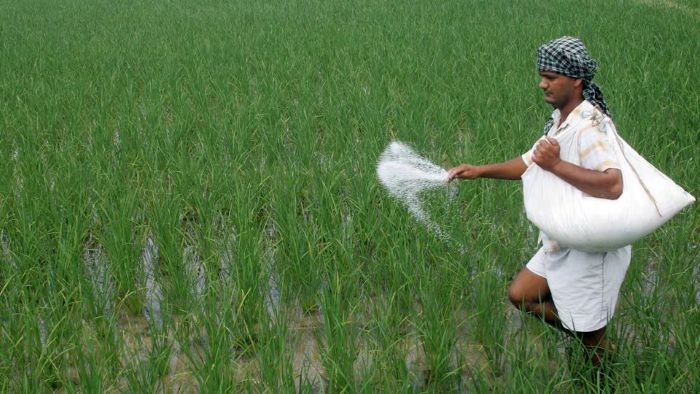(3 Minutes Read)
The Tanzanian government’s fertiliser subsidy programme, introduced to revitalise the country’s agricultural sector, has been widely applauded by stakeholders across the nation. Launched three years ago by President Samia Suluhu Hassan, the initiative is designed to address critical barriers to agricultural productivity, such as limited access to quality fertilisers, poor soil health management, and underutilisation of agricultural inputs.
A recent nationwide survey conducted by the Tanzania Fertiliser Regulatory Authority (TFRA) has revealed significant achievements attributed to the subsidy programme. The survey involved fertiliser manufacturers, investors, development partners, and consumers from the dynamic fertiliser market, all of whom confirmed the programme’s far-reaching benefits.
Objectives and Key Strategies
The core aim of the fertiliser subsidy scheme is to enhance the availability, affordability, and appropriate usage of fertilisers across Tanzania. Additionally, the initiative promotes sustainable soil management practices, with the goal of building a more resilient and productive agricultural sector.
To achieve this, the government has implemented several strategic measures:
- Strengthening regulatory systems
- Expanding infrastructure to support distribution
- Encouraging private sector participation and investment
- Promoting long-term partnerships throughout the fertiliser value chain
These efforts are aimed at creating an enabling environment where fertiliser application can catalyze sustainable agricultural growth.
Stakeholder Endorsements and Impact
The survey highlighted significant improvements recognised by key stakeholders. Export Trading Group (ETG), a major player in agricultural inputs, reported that the subsidy programme has vastly improved fertiliser availability and accessibility, and enhanced financing mechanisms for farmers. They also pointed to improvements in:
- Fertiliser information systems
- Business climate
- Institutional regulatory capacity
- Quality assurance services
“Fertiliser is now available at affordable prices compared to previous market rates. This has increased the purchasing power of farmers, enabling timely access to essential inputs,” the TFRA report stated.
ETG has distributed over 300,000 metric tonnes of fertiliser, valued at TZS 110 billion, through an extensive network of warehouses, shops, and traders. The company plans to expand its reach further by increasing the number of sales centres and strengthening collaborations with agro-dealers through the Last Mile Delivery system.
Role of Key Institutions
Both TFRA and the Tanzania Agricultural Development Bank (TADB) have been instrumental in supporting fertiliser procurement. Their roles in processing payments and coordinating services have been vital to the programme’s smooth implementation.
Manufacturer Support and Increased Production
Hans Tosky, Executive Director of Minjingu Mines and Fertiliser Company—the country’s second-largest fertiliser producer—praised the government’s efforts. He noted that the programme has significantly boosted local demand, allowing Minjingu to scale up production and reduce reliance on imported fertilisers.“Our fertilisers have gained strong recognition among farmers, giving us a competitive edge in the market,” said Tosky.
Likewise, the Tanzania Fertiliser Company (TFC) credited the initiative with stabilising fertiliser prices, improving availability, enhancing farmer registration systems, and reducing fertiliser smuggling to neighbouring countries.
National Scale Achievements
According to Agriculture Minister Hussein Bashe, the programme has seen the distribution of approximately 1.45 million metric tonnes of fertiliser to farmers nationwide over three years (2022/23 to 2024/25). This distribution, valued at TZS 708.6 billion, has significantly contributed to improving national food security and increasing agricultural productivity.
Read Also;
https://trendsnafrica.com/tanzania-mainstreams-agriculture/
The fertiliser subsidy programme stands out as a cornerstone in Tanzania’s ongoing efforts to transform agriculture into a modern, efficient, and sustainable sector. With continued investment, policy support, and stakeholder engagement, the initiative is poised to have lasting positive impacts on farmers’ livelihoods and the national economy.





